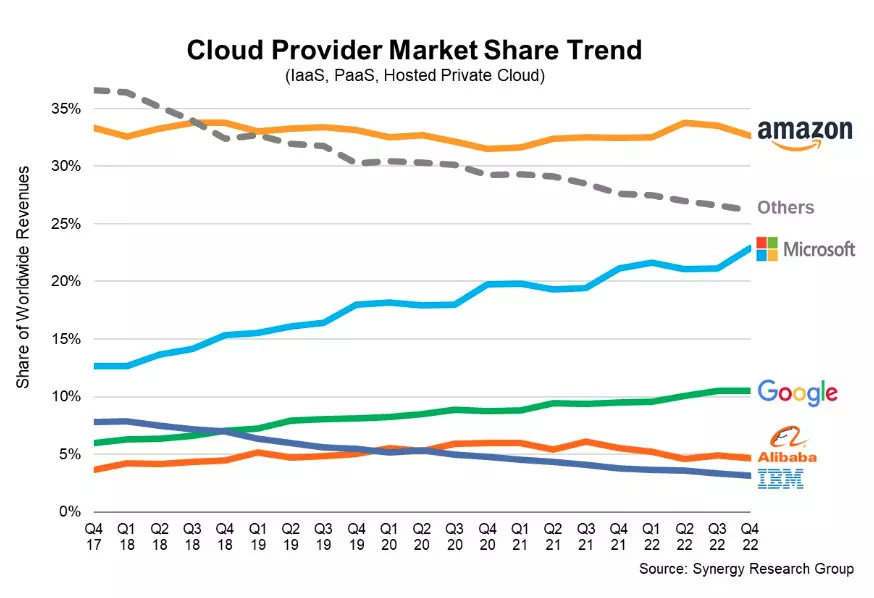Achieve Seamless Scalability With Cloud Provider
In the ever-evolving landscape of cloud services, accomplishing smooth scalability stands as a cornerstone for contemporary businesses looking for to remain competitive and adaptable. The ability to effortlessly expand or contract sources in feedback to changing demands is a crucial advantage in today's fast-paced electronic atmosphere. By grasping the art of scalable cloud services, organizations can not just enhance performance and simplify procedures however also lead the way for future development and advancement. The quest for smooth scalability with cloud services unveils a globe of possibilities for those happy to accept the transformative power of vibrant source administration.
Advantages of Cloud Scalability
Cloud scalability uses companies the flexibility to dynamically change resources based on need, making sure optimal performance and price effectiveness. Additionally, cloud scalability promotes development and experimentation by allowing services to easily evaluate brand-new concepts and range them as needed. Eventually, the benefits of cloud scalability prolong beyond cost savings to incorporate enhanced efficiency, agility, and advancement.
Key Functions for Scaling
Efficient scaling in cloud solutions counts on crucial attributes that enable companies to adjust resources dynamically based on demand. One essential attribute for scaling is elasticity, enabling resources to scale up or down in action to fluctuating work. This makes certain that companies can fulfill performance needs without over-provisioning sources. One more key function is scalability, making it possible for systems to take care of boosted workload by adding resources perfectly. This feature is vital for suiting growth without compromising efficiency. In addition, automation plays an important function in scaling by automating the provisioning and de-provisioning of resources based on predefined plans. Automation reduces human treatment, boosts effectiveness, and guarantees quick feedback to altering needs. Tracking and analytics devices are also crucial for scaling, offering understandings into resource use, efficiency metrics, and possible bottlenecks. These devices make it possible for companies to make enlightened decisions and enhance source allowance for efficient scaling. In general, these vital functions jointly empower organizations to achieve seamless scalability in cloud services.
Implementing Auto-Scaling Techniques
To effectively maximize source allocation and adapt to differing workloads, companies must strategically implement auto-scaling approaches in their cloud services facilities. Auto-scaling enables systems to automatically readjust the number of compute resources based upon real-time demand. There are different auto-scaling strategies that companies can employ, such as anticipating scaling, which makes use of historical information to anticipate future source requirements, and reactive scaling, which replies to present workload changes.

Ideal Practices for Scalability
For companies aiming to boost their scalability in cloud solutions, executing best practices is critical for optimum performance and source administration. One key ideal practice is designing applications with a microservices style. This strategy breaks down applications into smaller sized, independent solutions that can be deployed, upgraded, and scaled separately, enabling greater adaptability and scalability.
One more vital practice is making use of containerization technology, such as Docker or Kubernetes. Containers enable the packaging of applications and their reliances right into isolated devices, making it much easier to scale elements independently and release them regularly throughout various atmospheres.
Additionally, carrying out automated deployment and infrastructure as code (IaC) can improve scalability initiatives (linkdaddy cloud services). Automation tools like Terraform or Ansible assistance in Learn More Here provisioning and managing resources efficiently, lowering hand-operated mistakes and allowing rapid scalability
In addition, checking performance metrics, establishing alerts, and carrying out normal capacity planning are necessary practices to make sure aggressive scalability management. By adhering to these ideal practices, organizations can accomplish smooth scalability in their cloud services while maximizing performance and resource usage.
Tracking Efficiency Metrics
When evaluating the efficiency of cloud solutions scalability, carefully checking efficiency metrics is imperative for making sure optimum capability and source appropriation. By constantly tracking essential performance indicators (KPIs) such as feedback times, source, latency, and throughput use, organizations can obtain useful insights into the health and efficiency of their cloud framework. Keeping an eye on performance metrics permits the very early detection of possible traffic jams or problems that could influence scalability, making it possible for aggressive actions to be taken to resolve them prior to they intensify.

Verdict
To conclude, accomplishing smooth scalability with cloud services is important for companies to optimize performance, enhance technology, and keep high efficiency degrees throughout peak times. By leveraging the benefits of cloud scalability, implementing auto-scaling strategies, making use of essential features such as flexibility and automation, and adhering to finest practices like application design and efficiency tracking, services can successfully scale their systems while taking full advantage of check my blog resource application and performance.
The mission for seamless scalability with cloud solutions reveals a world of opportunities for those ready to welcome the transformative power of dynamic source administration.
Cloud scalability supplies companies the flexibility to dynamically readjust resources based on need, ensuring ideal performance and expense efficiency. Another key attribute is scalability, allowing systems to take care of enhanced workload by including resources seamlessly.For organizations intending to enhance their scalability in cloud solutions, carrying out ideal practices is critical for optimal efficiency and source management.When analyzing the effectiveness of cloud solutions scalability, closely monitoring performance metrics is essential for making sure optimum capability and resource allowance.